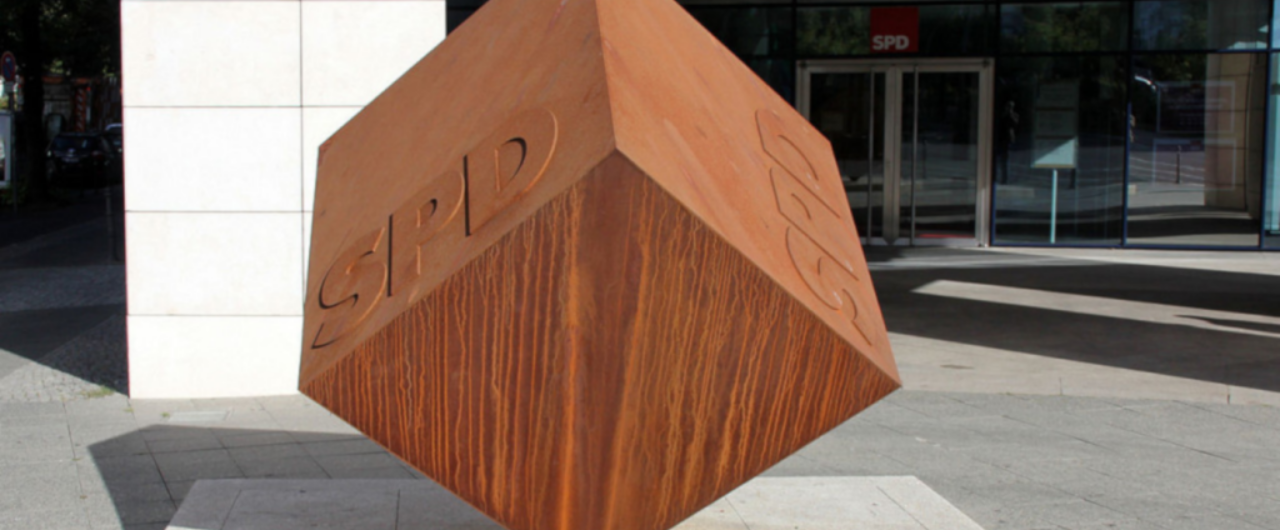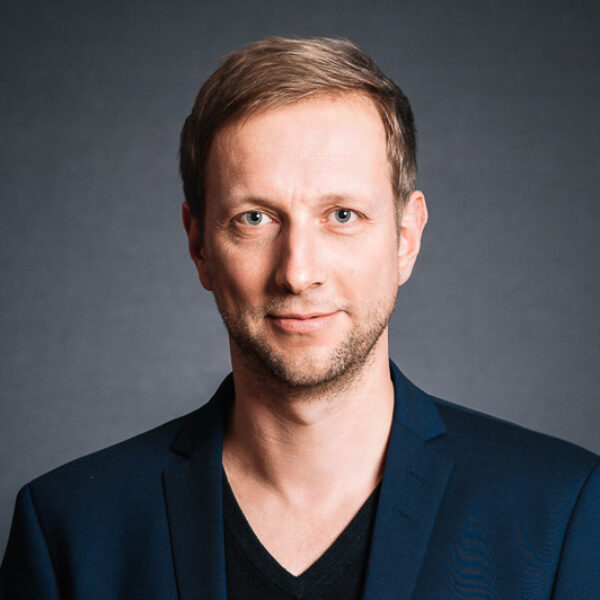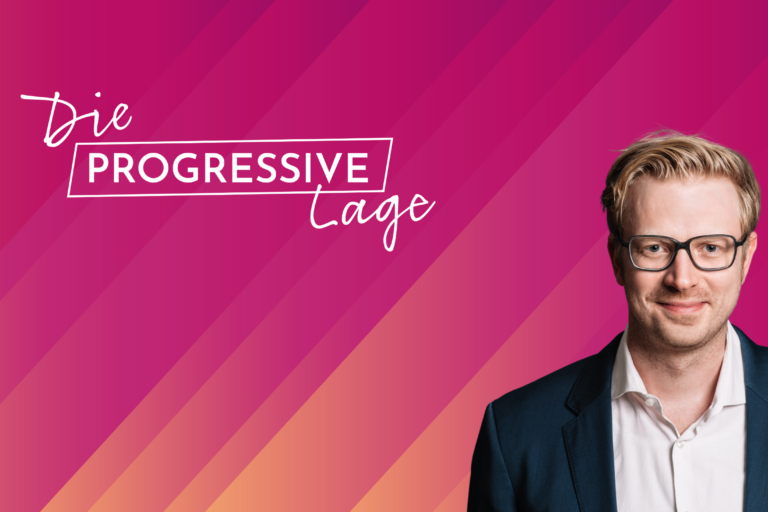The German Social Democrats need to add a ‘middle-class package’ to the to ‘solidarity package’ – and to find a language which binds the two together. The political narrative should be about keeping society together, about social justice and equal opportunities for all. This approach could clearly distinct the SPD from the CDU/CSU, but also from the Greens and the Left party. At the same time, it would have the potential to diminish conditions currently fostering the rise of the AfD.
The elections in three of the German Länder (states) on 13 March are likely to shake the foundations of the country’s political system. It seems as if old certainties are no longer valid. New players have come to the fore, making long practiced party coalitions arithmetically impossible. Meanwhile, the public discourse has become more erratic and unsettled.
The established parties have come under pressure from the rise of the Alternative für Deutschland (AfD), a rightwing populist party with links to rightwing extremism now polling in double figures. In the east German state of Saxony-Anhalt, the AfD is expected to come in third place – in front of the centre-left SPD.
In conservative Baden-Württemberg, Germany’s economic powerhouse, it is the small Green party that runs the show. The Greens will probably replace the CDU as the strongest party, granting minister president Winfried Kretschmann another five years in office. The SPD, Kretschmann’s junior partner in a green-red coalition, is on the verge of a freefall from 23 to 13 per cent.
And in Rhineland-Palatinate, a social democratic stronghold, the incumbent minister president Malu Dreyer is up for a head-to-head race with Julia Klöckner, a bearer of hope for the conservative CDU. Only in recent days has the SPD gained momentum again, fuelled by Dreyer’s personal popularity and her good performance in a TV debate. If the SPD loses Rhineland-Palatinate, a discussion about the general direction of the party will be inevitable.
In this nervous political environment, party leader Sigmar Gabriel decided to change his rhetoric towards the handling of the refugee crisis. Two weeks before the elections he suggested that all the money to be spend on refugees would make a ‘social package’ for the native Germans mandatory. His argument: “We need to be careful that the phrase ‘You do everything for the refugees, but nothing for us’ does not eat into the centre of our society.” He also said that “the massive migration increasingly divides our country”. To keep that from happening, Gabriel said it was necessary for the government to increase pensions for low-wage earners and eastern Germans, to improve the rights of disabled people, and to spend more money on social housing and childcare.
Gabriel was widely criticised for his new tone. Many journalists accused him of making a cheap campaign manoeuvre and providing nourishment for the AfD. In actual fact, the Germans did not have to go without anything due to the 1.2 million refugees in the country. Also, it was pointed out that the volunteers in the refugee initiatives, many of whom are associated with the SPD, may feel betrayed by Gabriel. What was meant to increase votes, could backfire and scare away supporters.
Even Chancellor Angela Merkel attacked Gabriel for “making the SPD small”, as the grand coalition had already implemented a variety of measures for people in need. Finance minister Wolfgang Schäuble labelled the underlying logic of Gabriel’s argument “pitiful”.
This harsh criticism forced Gabriel to engage in fence-mending activities in various interviews in the following days. For sure, he had overstepped the boundary between provocation and sheer populism and failed to deliver a consistent message. However, leaving aside the language and the timing, was his move really so irrational?
It needs to be remembered that Gabriel had been talking about the “double task of integration” for months. What he meant was integrating the refugees while also keeping the native population together. Therefore, the SPD had fought for providing the necessary financial means in the refugee crisis, ie for employing more teachers and police officers, and helping to relieve the local authorities. Gabriel also came up with a detailed plan on how to integrate refugees, which is currently the starting point for negotiations between the federal level and the Länder. With his ‘solidarity package’, Gabriel now intends to fulfil the other part of the equation.
Plus, the measures he proposes are by no means new. His staff have prepared them for months, and some are even to be found in the coalition treaty of the CDU/CSU and SPD. Gabriel wants to make sure that the promises made will not be postponed, that they find their way into the last budget in this legislative period.
Apart from that, the claims are meant to put the conservative party on the defensive. The CDU/CSU has to explain why it does not want to help the weaker parts of the native German population. It is a legitimate attempt to sharpen the image of the SPD, which had for months followed a balanced position in the dealing of the refugee crisis and which had supported Angela Merkel almost unconditionally, while the CSU and large parts of the CDU took the liberty of openly resisting Merkel’s liberal approach in the refugee crisis. The SPD was the voice of reason in government. But it did not benefit from it in the polls. And nothing must worry Gabriel more than the prospect of Merkel announcing a radical turnaround towards a more restrictive approach, bowing down to the public pressure – and leaving the SPD alone in the cold.
So, instead of attacking Sigmar Gabriel for a position which is consistent, which puts fundamental issues of social justice on the table and corners the conservatives, and which has the potential to make the SPD distinguishable again, the real question to be discussed is the focus of the ‘solidarity package’ itself.
In 2015, Gabriel invested a great deal of effort to push his party towards the political centre: no tax increases, a reasonable budget policy, investments in education and infrastructure. It was all about the ‘working middle’. Times have changed, it seems, the focus is on pensioners, disabled people, and refugees, whereas stable finances do not seem to be a priority anymore.
What could help the SPD in the short run may catch up with them in 2017.
That is why the German Social Democrats need to add a ‘middle-class package’ to the to ‘solidarity package’ – and to find a language which binds the two together. The political narrative should be about keeping society together, about social justice and equal opportunities for all. This approach could clearly distinct the SPD from the CDU/CSU, but also from the Greens and the Left party. At the same time, it would have the potential to diminish conditions currently fostering the rise of the AfD.
This article first appeared at Policy Network as a contribution to State of the Left – Policy Network’s regular insight bulletin that reports from across the world of social democratic politics.





